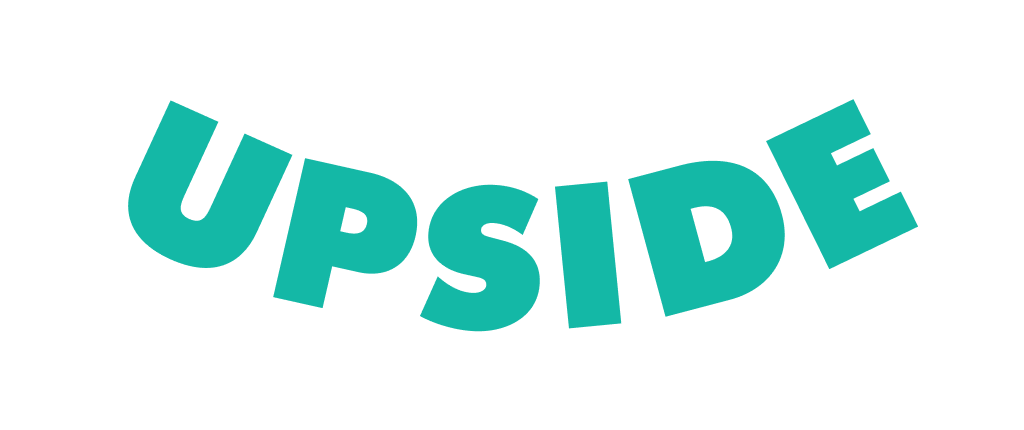
Times are tough and the cost of living crisis is biting hard. Everything from energy bills through to butter is seeing a surge in price, yet our wages have hardly risen and our savings are flat as a pancake. Frugality has taken over our lives, but not by choice so now we need to build up our financial resilience.
The lessons of financial resilience will set you in good stead for all manner of financial crises from the looming to the least expected. So let’s dive right in.
Always have a plan
Whatever you want your money to be used on, whether it’s tiding you over a rough patch, buying your first house, redoing your kitchen or a once in a lifetime holiday, you need a plan, a goal.
Your plan isn’t just some whimsical thought you plucked from your mind at 3 am, it should be well thought out, more of a strategy to get yourself to your end goal. You should ask yourself questions like, what do I want to achieve? What financial decisions do I need to make to achieve this goal? Why have I made certain financial decisions in the past?
By having a plan, you’ve already mentally separated that money out from your regular “spending money”. Go one step further, and put it in a different account so you don’t accidentally spend it.
Understand your money
Understanding what you spend your money on is crucial. We all have a ton of subscriptions that we just assume we need. But when was the last time you watched Disney+? Did you start a subscription on an introductory offer and now it’s charging you full price?
Take the Marie Kondo approach - if it sparks joy, keep it, if it doesn’t (and it’s not necessary - when did your electricity bill spark joy?!) get rid of it. An easy way to do this is by downloading your last three months of bank statements into a spreadsheet so you can easily see what you’re spending your money on.
A real money post-mortem can highlight areas where you can reduce spending and you can see where debt is affecting your financial stability.
Set a budget… and stick to it
From there, you can set a budget. Give yourself pots of money for necessities - you know how much your essential living costs are as you’ve understood your money. Once you have those must-have’s under control, you know how much you’re left with at the end of the month.
This can be easier said than done. Sure, you can estimate how much you need to set aside for your weekly food shopping, but once you’re strolling the aisles and you spot those tasty puddings you can’t resist… well, it can be game over. Not so! You are allowed to treat yourself, even on a budget.
Reduce your debt
Debt reduction can be daunting but with a structured plan you can chip away at it until it doesn’t overshadow your life.
With debt, be honest with yourself - don’t put your head in the sand or hide from it. Lay it all out on the table, figure out a plan and hold yourself accountable.
Once you know what you are facing, start with the debt with the highest interest rates, and work backwards from there. Sometimes transferring or combining debts to reduce your payments will help in the short term.
Owning things outright increases your security, and proper debt management will actually increase your credit score, and who doesn’t like to brag about their excellent credit score?!
Build an emergency fund
Your emergency fund is exactly what it says: for emergencies. This could be anything from your boiler breaking to losing your job. As a rule of thumb, your emergency fund should tide you over three months should you be in the difficult situation of losing your job. So it’s got to be able to pay your essential bills, and stop you from getting into debt.
Grow your knowledge
We have been taught that money is a taboo subject in polite society, but this is outdated. Learn as much as you can about reducing your debt, growing your money and growing your financial independence!
Investing, for example, can feel like a hugely exclusive club with its own language, but by arming yourself with financial literacy it’s perfectly attainable. Lift the veil shrouding investing, debt, mortgages, taxes, whatever it is you’re curious about - it’s yours for the taking.
Financial knowledge will bring you confidence in many areas of your life, and with knowledge comes resilience.